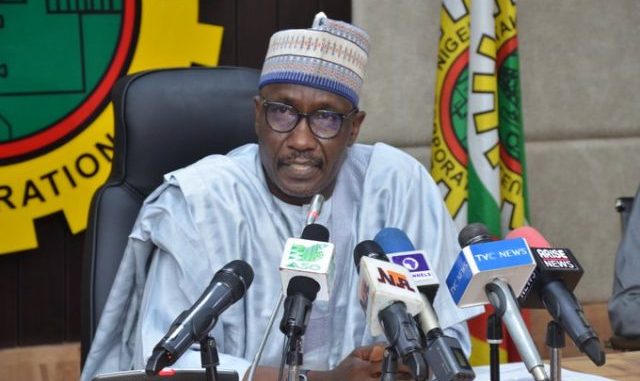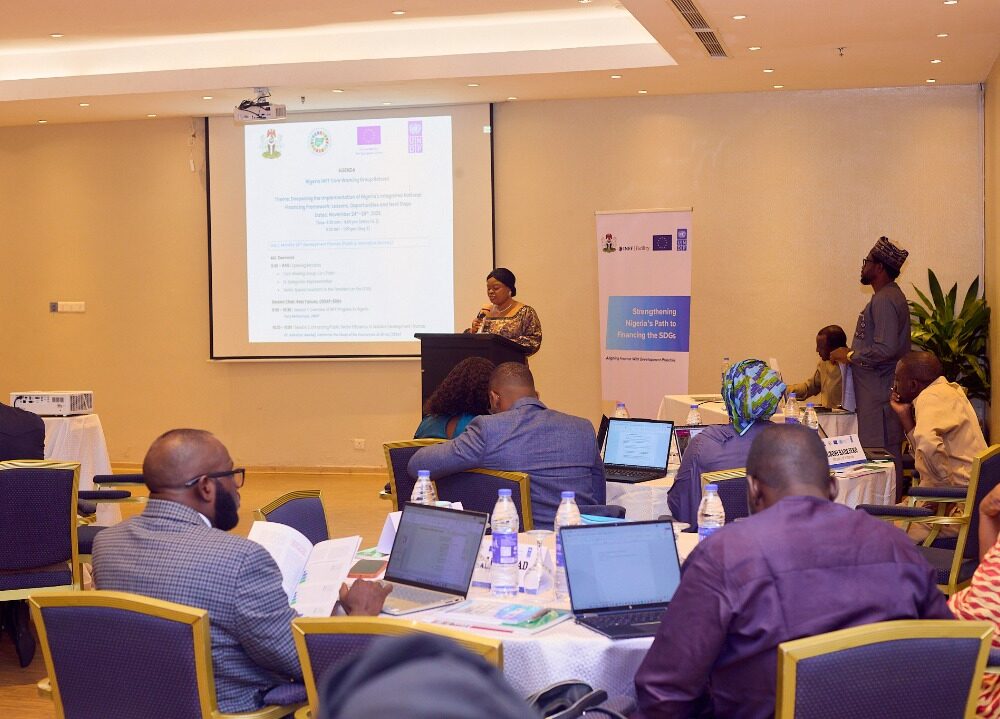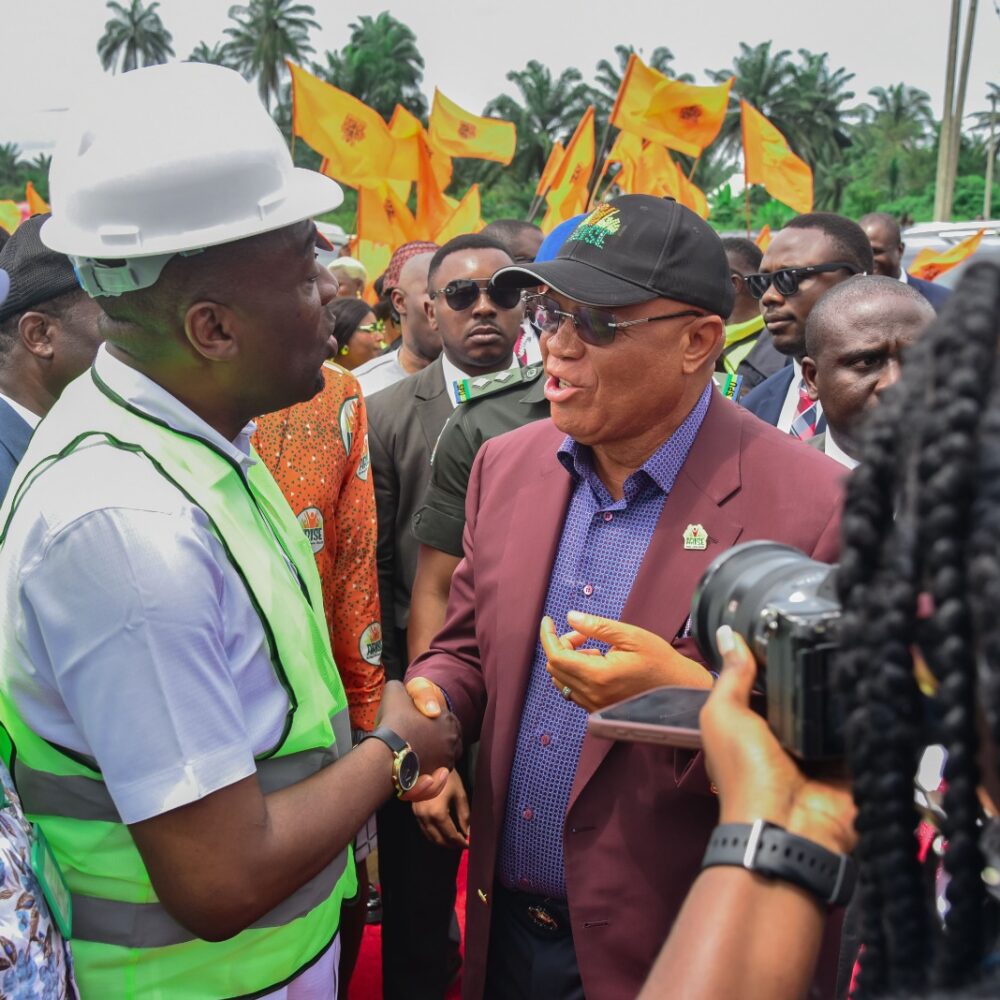Will Mele Kyari, the former Group CEO of the NNPCL, become an unsung hero? Time will tell.
One intriguing aspect of Nigeria is how citizens, in most cases, tend to believe that a previous administration was better than the current one, despite having criticized it at the time.
President Bola Tinubu has been praised for assembling a board of experts for the Nigerian National Petroleum Company Ltd (NNPCL). However, the President’s authority to remove and appoint members to the NNPCL board remains legally contentious, especially following the Federal High Court’s ruling that reinstated Senator Ifeanyi Ararume as the non-executive chairman of the NNPCL Board, along with 5 billion Naira in damages. This matter is still under appeal.
One might wonder whether this newly constituted board truly possesses the expertise that Mele Kyari demonstrated during some of the most challenging times in the modern Nigerian oil and gas industry.
During persistent fuel shortages, rampant crude oil theft, and the transition of the government-owned NNPC to NNPCL under the new Petroleum Industry Act (PIA), Mele Kyari remained steadfast. He faced a struggling Nigerian Federal Government, navigating the complexities of petroleum subsidies and political pressures and the intriguing interests by the newly established Dangote Refinery. Despite these challenges, Kyari held firm until significant changes began to take shape.
Kyari made proactive moves, such as securing international loans to keep the Federal Government afloat. When crude oil theft—which was widely viewed as insurmountable—reduced Nigeria’s production to 1.1 million barrels per day (MBPD), well below its OPEC quota of 1.5 MBPD, the Kyari-led NNPCL implemented various security measures that significantly curtailed oil theft. As a result, Nigeria’s crude oil production rose to 1.7 MBPD and was on track to reach 2.1 MBPD before his abrupt removal.
Perhaps Kyari’s boldest move in the national interest was his decision to reinvest NNPCL’s profits to mitigate a national energy security crisis following the removal of petroleum subsidies and severe logistical issues. President Tinubu likely had many reasons for not removing Mele Kyari when he assumed office in 2023. Kyari’s deep understanding of the industry’s challenges and his unwavering dedication to addressing them endeared him to Tinubu, allowing him to continue as GCEO of the NNPCL. So far, he has demonstrated his capability in the role.
Kyari’s leadership was not characterized by jargon meant for industry experts and international observers. Instead, it was based on a commitment to positively addressing the crises that marked his tenure, grounded in a practical understanding of the need for home-grown solutions while managing international obligations.
Now that Kyari is gone, will this newly constituted group of experts elevate Nigeria’s oil and gas management under the NNPCL to a level where Nigerians wish Kyari had never been removed?
The new GCEO of NNPCL, Bola Ojulari, brings experience as the former Managing Director of Shell Nigeria Exploration and Production Company (SNEPCO). However, Shell is not well-regarded in Nigeria’s Niger Delta and has not always acted in Nigeria’s best interests. Therefore, Nigerians should not expect too much from someone whose highest qualification stems from a company with a controversial reputation.
Given the rumors that tensions between the Kyari-led NNPCL and Dangote played a role in Kyari’s and his board’s ousting, it is crucial that this new board of experts does not merely serve to protect certain interests but instead, it should fight for Nigeria’s national interest as Kyari did. Therefore, may NNPCL with Nigeria’s oil and gas industry not suffer from the Predecessor’s Success Syndrome (PSS). Only time will tell.
*Frank Tietie, Esq.
Development Lawyer & Convener, Energy Security Coalition (ESC), writes from Abuja.





